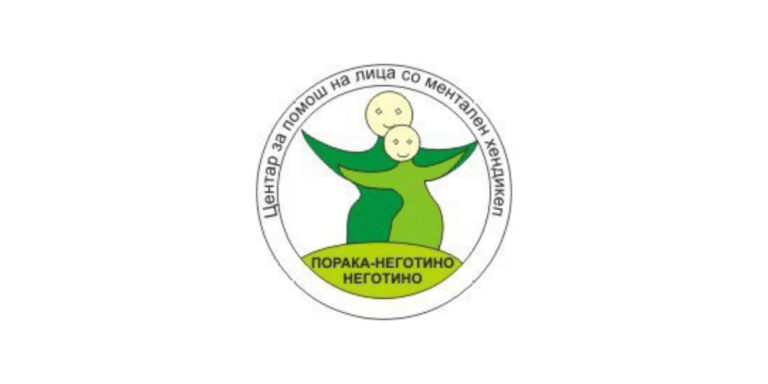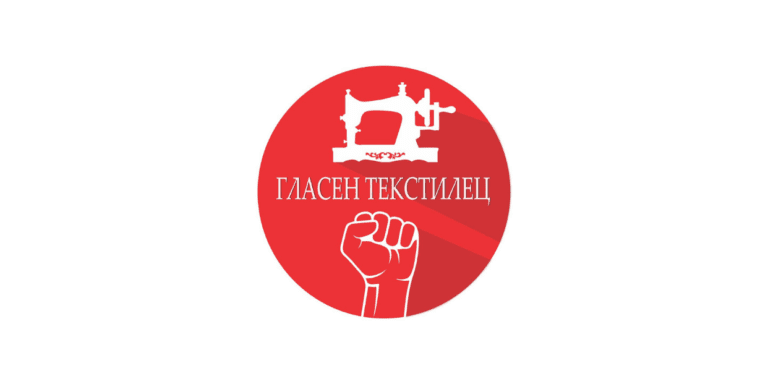CENTRE FOR ECONOMIC ANALYSES – CEA, SKOPJE
Total budget: MKD 315.000
Timeframe: 6 months
CONSTITUENTS
Citizens: as direct or indirect participants, volunteers or users of actions and activities of CEA.
Public sector: institutions and decision makers as supporters or partners in the implementation of the activities or final beneficiaries and target group for recommendations and analyses of public policies for a certain social goal and public good.
Private sector: joint interest for economic development of the country.
ON THE PROJECT SUPPORTED BY CIVICA MOBILITAS
COVID-19 and the municipalities in Macedonia: Will the municipalities ask for new funds by loans with the central government?
BACKGROUND
Covid-19 pandemics will have short-term, mid-term and long-term effects on the territorial development, functioning and finances of the local authorities. One risk in the government response is to focus only on short-term ones. The long-term priorities have to be included in the measures of the direct response in order to strengthen the “elasticity” of the systems. The regional and local impact of the Covid-19 crisis is heterogeneous, with a strong territorial dimension and significant implications which asks for strong and timely response of the public policies. Besides the health and social impact of Covid-19 crisis, the economic and fiscal ones are also significant.
The local self-government unites (municipalities) are the first directly affected institutions which feel the effects of Covid-19 crisis. These are the institutions that should respond to the increase needs of the citizens for additional quality services, such as hygiene, disinfection, primary and preschool education, etc. Faced with these challenges for increased scope of services that are expected by the citizens on one hand, and the decreased economic activity on the other hand, which reflects (and it will be even more evident in the coming period – the second half of 2020), in decreased own revenue as a result of the standstill of the economic activity, loss of jobs, decrease expenditure, “broken” chains of value creation, etc. It has fiscal implications, as it is reflected in the local finances. The collection of own revenues, such as revenues for land management, decreased revenues from direct taxes (by postponing), etc.
Therefore, both at national and local level, the local self-government units will face an imminent correction of their planned budgets and reallocation of the priorities in the activities in this and eventually the mid-term plans of the municipality. The key question which arises therefore is what are the possible options for response by the municipalities facing this challenge (for example: structure of budgets coordinated approach in accordance with the central government and budget, financing from external sources, etc.) and how will the additional needs and changed priorities be financed?
GOALS AND RESULTS
Goal: Contribute to the debate on the local effects of the crisis and the impact of Covid-19 on the local management, local financing and give directions to the policy creators on how to create more resilient regions.
Objective: Give an overview of the fiscal options of the municipalities when it comes to dealing with the Covid-19 effects.
RESULTS
- Needs for new funds for the municipalities identified;
- Sources for new funds for the municipalities analysed and defined.
ACTIVITIES
- Conducing a research process via a questionnaire with the local self-government effects and steps/plans undertaken by local self-governments (questionnaire-research);
- Overview of the fiscal implications of Covid-19 on the revenues of the local self-governments with a focus on their own revenues (analysis);
- Assessment of local self-government policies in times of crisis – challenges and lessons learnt (policy brief – advocacy options);
- Presenting the options and recommendations for changes (visual overview and discussion).







